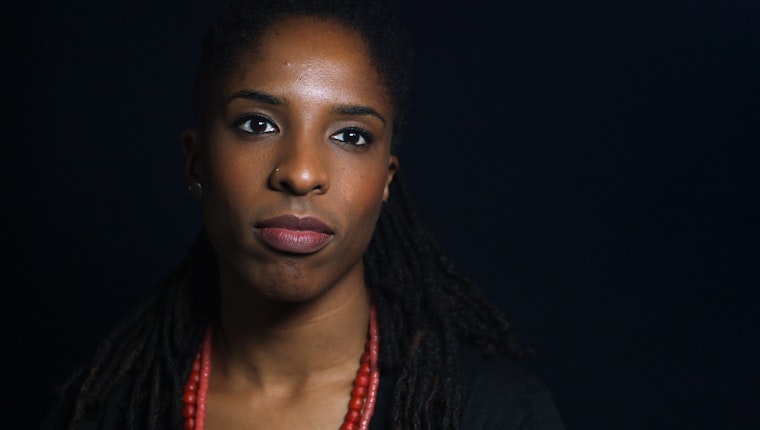How Reproductive Justice Serves as a Model for Progressive Organizing
By Elisa Slattery

If the reproductive justice movement has one message, it’s this: reproductive rights alone aren’t enough.
The term “reproductive justice” was coined in 1994 by a group of Black women activists to emphasize the necessity of placing reproductive rights and health in a broader social justice framework. What that means in practice is that we can’t divorce the battle for abortion rights and reproductive health care from struggles against racism, economic inequality, homophobia, and transphobia—because these things also affect whether and how people are able to make decisions about their bodies, their families, and their lives.
It’s not enough to ensure that contraception and abortion are legal if many people are still unable to access them because of poverty and marginalization. Reproductive justice also means that those who choose to parent should be able to raise their children in safe and healthy surroundings, free from violence, discrimination, and environmental pollution.
As Naa Hammond of Groundswell Fund notes in the above video, “historically, this is a movement that has been deeply intersectional”—one that centers the experience and insights of women of color, low-income women, and LGBTQ people.
Reproductive justice advocates in the United States are fighting to ensure that people have access to abortion, contraception, comprehensive sex education, and prenatal and childbirth care. But they’re also asking why parents in places like Flint, Michigan, must raise children without clean water because of environmental racism, challenging flawed immigration and criminal justice systems that tear families apart, and working to end violence against trans and gender-nonconforming people.
This focus on building connections across issues and between communities is one reason the reproductive justice movement offers an important model for progressive organizing—and has valuable lessons to teach those of us in philanthropy about how to support transformative change.
The Groundswell Fund is a grantee of the Open Society Foundations. At Open Society is a video series highlighting the people and ideas that are inspiring our work—and changing the world.
Until November 2021, Elisa Slattery was a senior program officer for the Open Society Women’s Rights Program.